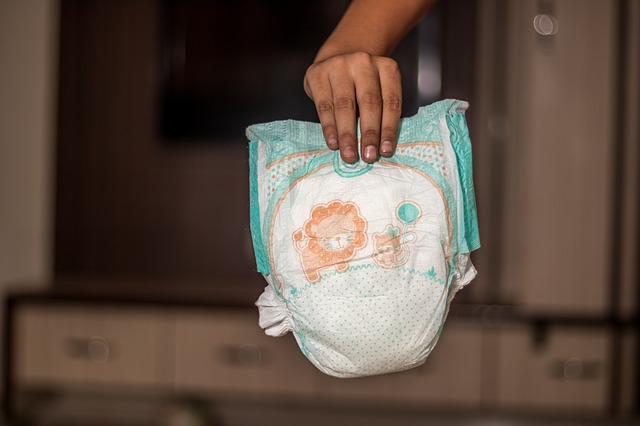Starting a family requires careful planning. With a clear idea of what it entails and the schemes available to help ease new parents’ financial load, you will be able to embrace one of life’s greatest blessings.
As you allocate your budget, you must consider both your childcare expenses and your retirement fund. Prioritizing these two is easier said than done. A 2021 study by AIA Singapore revealed that young families in Singapore have deprioritized planning for their retirement to give way for the monthly expenses on their children.
The participants of the study (i.e., parents) were found to be spending 2.5 times more money on their children’s monthly expenses, rather than taking charge of their own retirement planning. These Singapore parents spend almost 20% of their income on their children’s needs and allocate less than 7% on their retirement fund. Furthermore, 70% shared that they intend to either increase or maintain the amount of income allocated to their children’s expenses. The increase of allocation to the children’s expenses is affected by the higher childcare costs amidst the pandemic.
Apart from this, the pandemic also affected their savings. One in three Singaporeans’ savings was negatively impacted in 2020, with a median amount of between S$251 to S$500 set aside monthly for retirement. It is challenging to find a balance between all the primary categories of your budget, but you must not overlook the importance of retirement planning.
“Retirement planning is an essential part of securing our longer-term financial security, not just for parents, but for the entire family, so everyone can look forward to a brighter future with peace of mind,” said Melita Teo. Melita Teo is AIA Singapore’s Chief Customer and Digital Officer.
As parents, you want to support your children by giving them the best opportunities to secure their future. Hence, you must consider creating a retirement plan to help navigate your seamless transition to the golden years. With this retirement plan, you will not need to fully rely on your children.
Start by reviewing your financial situation and financial plans. Establish a fresh budget for your household that will accommodate both your childcare costs and your retirement fund.
Talk to professionals, your trusted friends, and family members to have an idea of what it costs to pay for your child’s needs and your personal retirement needs.

Image Credits: pixabay.com
Research on various government schemes such as Enhanced Baby Bonus, Enhanced MediSave Grant for Newborns, and other subsidies for center-based infant and childcare. Newborns who are registered as Singapore Citizens at birth are automatically insured under MediShield Life. These schemes and benefits can help free up some of your expenses to boost not only your childcare budget, but also your retirement fund.











